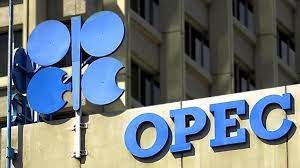December 24 2021: Nigeria’s parliament Dec. 22 approved a Naira 17.126 trillion ($38 billion) budget for 2022, anchored on an oil price benchmark of $62/b.
The approved oil price assumption was higher than the $57/b price that Nigerian President Muhammadu Buhari had proposed to the parliament on Oct. 7, and also higher than the oil price benchmark of $40/b adopted by the government for the 2021 budget.
President Buhari, while proposing a spending plan of Naira 16.391 trillion for 2022, said this followed a careful appraisal of the global oil market.
Lawmakers, however, said the spending plan and oil price benchmark were increased for higher revenue.
“The increase in oil price was to reflect the current market values of the oil barrel in the international market and to generate more funds for critical sectors of the economy,” Senate President Ahmad Lawan said.
The parliament retained the oil production target of 1.88 million b/d, including condensate production of between 300,000-400,000 b/d, for the purpose of its revenue calculation in 2022.
This compared to the output target of 1.86 million b/d the government had set for the 2021 fiscal year.
Oil exports account for around 80% of Nigeria’s foreign exchange revenue. Nigeria has, however, battled with a sharp drop in revenue amid a drop in production.
Nigeria has the capacity to pump around 2.2 million b/d of crude and condensate, but in recent months its output has been languishing below 1.55 million b/d.
The country’s crude oil production averaged 1.42 million b/d in November, according to an OPEC survey.
The head of state-owned Nigerian National Petroleum Corp. said Nov. 22 he expects the country’s production to recover to 1.8 million b/d by the end of 2021, although some doubts linger if this could be achieved.











